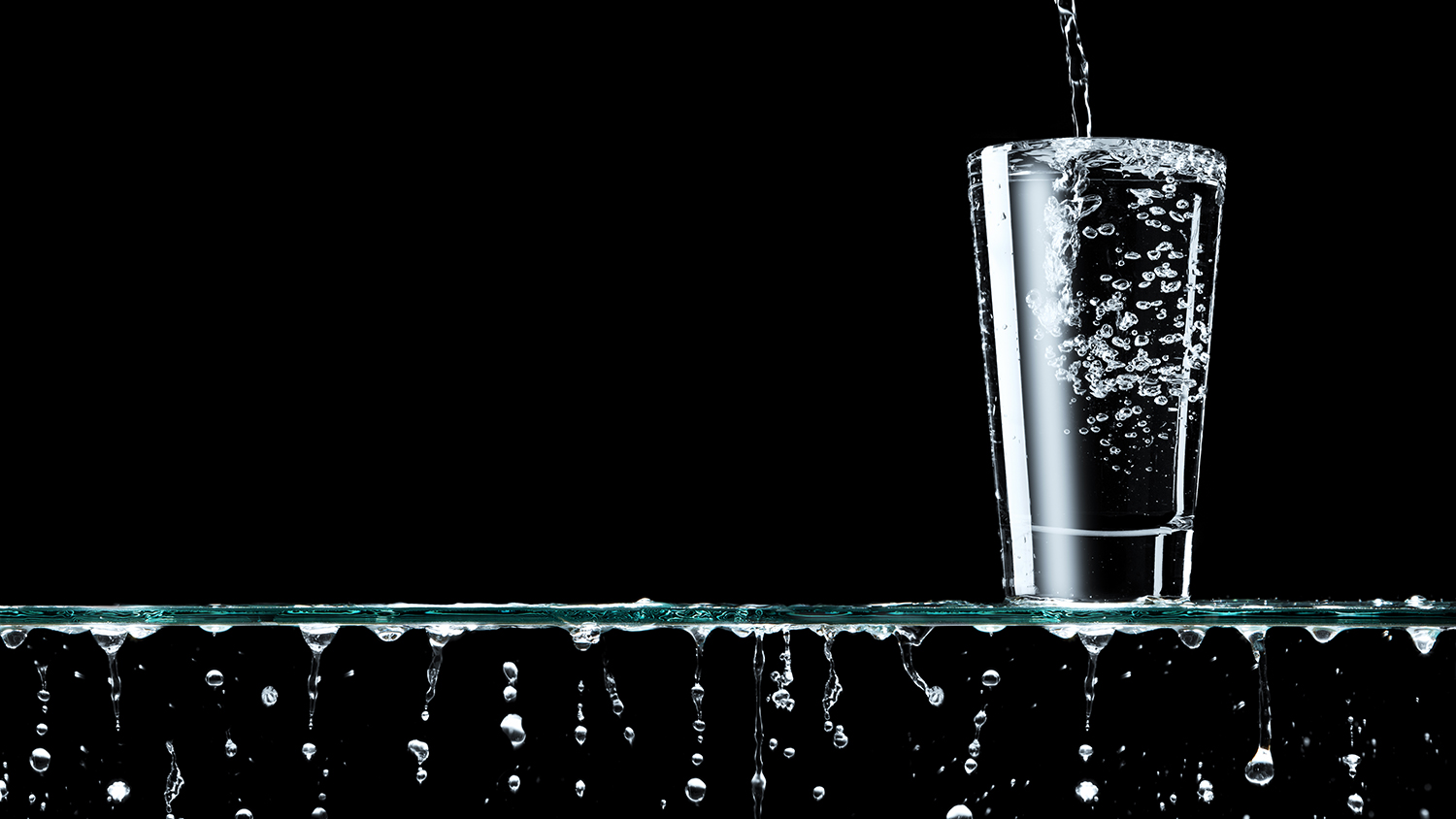Q. We live in a drought-stricken part of California (i.e., we live in California), but we get our water from a well, pumped by our solar panels. Household wastewater goes into our septic, where presumably 100 percent of it trickles back into the water table over the years. So I’m thinking that “wasting water” doesn’t mean the same thing in our household, and that questions like cloth vs. disposable diapers become a lot clearer and tilt more fully into the intuitive direction. What does Umbra think?
Kipchoge S.
North San Juan, CA
Q. I live in rural Maine and have a private well and septic system. My water isn’t treated or pumped from some distant location, just pumped a few yards from my spigot. Since wells don’t hold water like a reservoir, water availability for me is completely dependent on groundwater levels. Except for the electricity, does it matter if I take a shower or a bath?
Barbara M.
West Paris, ME
A. Dearest Kipchoge and Barbara,
When I was younger, an older kid at school had me convinced that he possessed a so-called Free Slushie Pass. This magical token entitled the bearer to unlimited slushies from the corner store in all colors of the rainbow, for life. He never did tell me the secret to obtaining such a pass – but oh, how I coveted one. It took years for me to realize that it was all a joke. Unfortunately, what’s true of slushies is also true of water: There’s no such thing as a free pass.
I get where you’re coming from, Kipchoge and Barbara. Unlike most of us, who draw our water from a big old pool managed by a public water utility, you two are drinking a lot closer to the source – the groundwater right beneath your homes. This underground supply is periodically “recharged” by rain and snowmelt from our water cycle, plus, presumably, whatever water your septic system discharges into your leach field. Since that’s coming directly from your washing machines, toilets, shower drains, and other household sources, one can assume that the water you use in daily life makes it way down to the groundwater in time.
This does not a closed loop make, however, and water conservation should be of particular concern to anyone with this kind of setup. For one, the most common cause of a septic system failure is flooding it with too much water at once. In a perfectly functioning system, your wastewater chills out in your septic tank long enough for solids to settle out (forming the aptly named sludge) and partially decompose. Then, the contents are gradually released into your leach field to be further broken down by friendly soil microbes. But the old stuff is discharged when new stuff from your home enters the tank – so if you’re sending too much wastewater in, too much wastewater will be pushed out to make room.
A few unappetizing, not to mention downright dangerous, things can happen next. You could overwhelm the soil in your leach field, so that the contents of your septic tank back up into your house. Or you could end up with pools of not-quite-decomposed sludge in your yard, which can run off and pollute nearby waterways – not to mention your own drinking well, oh dear – with bacteria, viruses, and excess nutrients. And a fouled well means costly repairs, as does a saturated septic system, in case the “sewage in the well” thing wasn’t quite enough motivation to prevent such a water calamity.
I should also mention that even water misers need to look out for soil saturation with a septic system for one simple reason: rain (well, maybe not lately for you, Kipchoge). Heavy rain can also temporarily soak your leach field, so you must be extra-careful about water use when the weather turns nasty.
On top of all that, here’s one more reason to be a sipper, not a guzzler: That well could run dry, something that has already happened to some Californians this year. Even the bountiful aquifer under our feet has its limits.
For all these reasons, you two, I recommend watching your water use carefully. Sticking with disposable diapers is one way to significantly reduce laundry water in your home, Kipchoge. And Barbara, you’ll likely save buckets if you limit your baths to special occasions. It would be lovely to have an unlimited supply of water. But just like that Free Slushie Pass, the idea turns out to be too good to be true.
Conservatively,
Umbra



